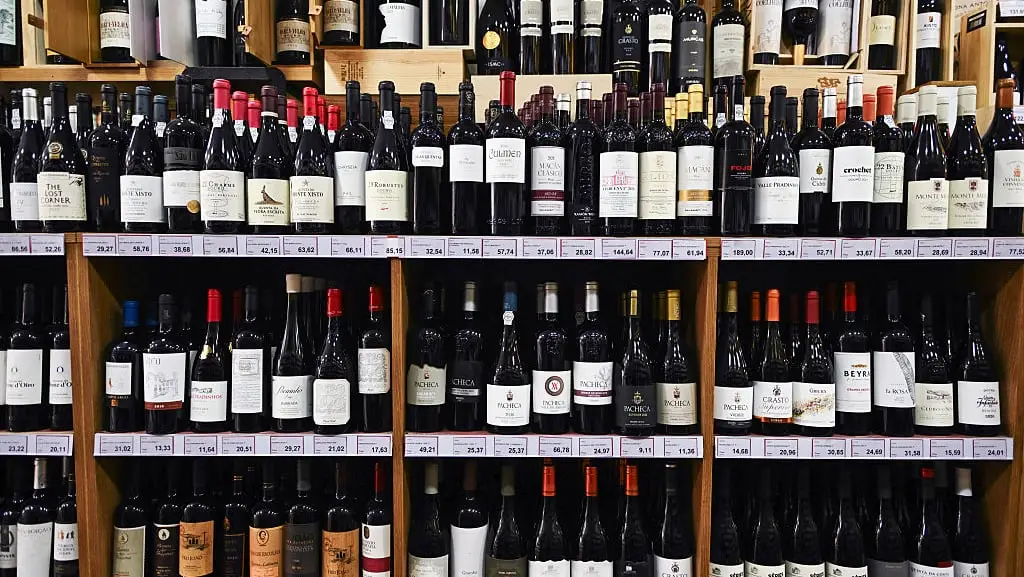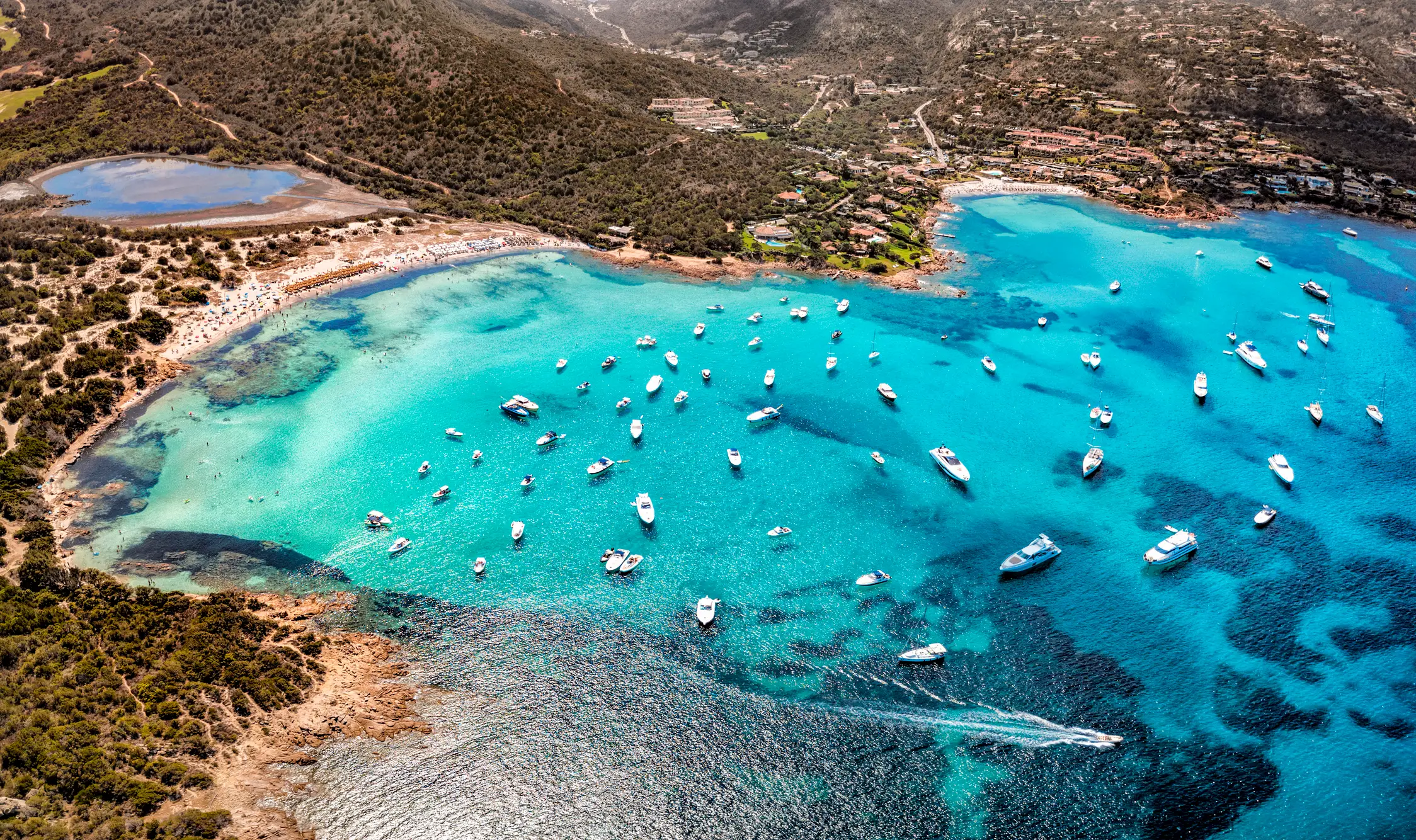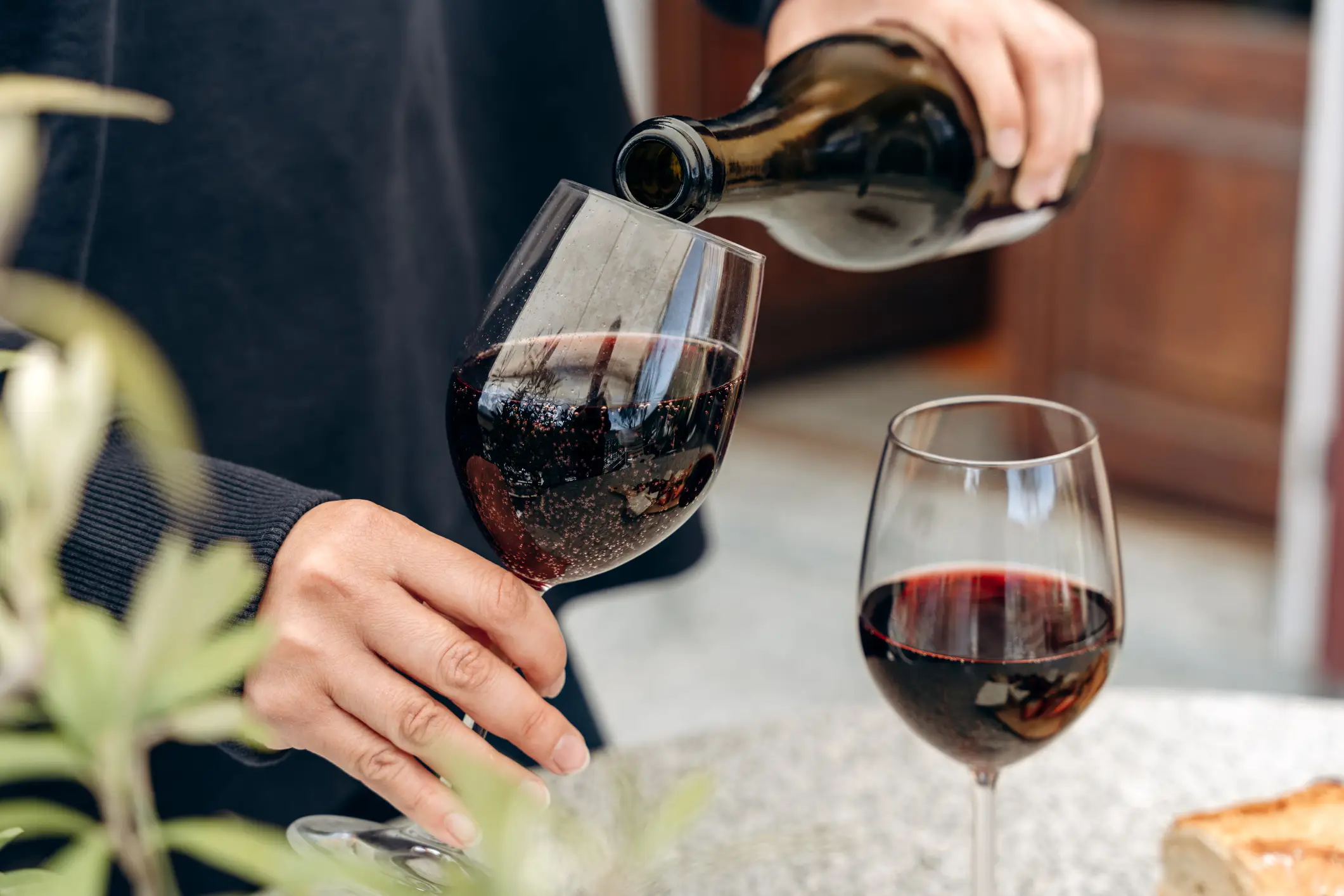
Regular drinking is often cited as a major risk factor for people’s health.
Alcohol is a poison, and in cleansing us of it our livers put in a big shift. Over time, they can scar, preventing their natural regenerative abilities, and fat can also build up within the liver to limit its functions.
Alcohol can also increase the chances of type 2 diabetes, strokes, heart attacks, and weakened immune systems. As a result, doctors recommend drinking no more than 14 units per week, with those units split between at least three days.
Nevertheless, many long-lived people have pointed to regular drinking habits as being potentially beneficial to their lifespan.
Advert

For example: Queen Elizabeth II’s mother, Queen Elizabeth the Queen Mother, lived to 101 and was famously partial to a regular tipple.
As has been the case throughout human history, there are people among us who are particularly committed to the idea of outliving everyone else.
A particularly famous example would be Bryan Johnson, who sold Venmo to eBay in 2013 for $800 million (£604,616,000) and has since become obsessed with ‘biohacking’ his age in an attempt to live for as long as possible.
While Johnson lays claim to being the most measured human in the world as he undergoes a rigorous regimen designed to slow or even reverse the effects of ageing on his body, those who live in the world’s Blue Zones have achieved astronomic lifespans seemingly through diet alone.
What is a Blue Zone?
‘Blue Zones’ are areas of the world where the population has a better than average chance of living to 100 or older.
Those include: Sardinia in Italy, Okinawa in Japan, the Nicoya Peninsula in Costa Rica, Ikaria in Greece, and Loma Linda in California.
Whilst examining the diets typical of these so-called Blue Zones, explorer Dan Buettner said there’s a commonality between them: a 'wine rule'.
What is the 'wine rule'?
"People in all Blue Zones (except Adventists) drink alcohol moderately and regularly," said Buettner.
‘Moderately’ is the essential word there, but according to Buettner there is a link between moderate alcohol consumption and longer life.
"Moderate drinkers outlive non-drinkers,” he said. “The trick is to drink one to two glasses per day (preferably Sardinian Cannonau wine), with friends and/or with food.
“And no, you can’t save up all week and have 14 drinks on Saturday."
So that’s the ‘wine rule’ – a glass or two a day could keep the Reaper at bay.
How does it work?
Despite the risks posed by drinking more than a ‘moderate’ amount, Healthline claims that “light to moderate drinking” has been linked with “a reduced risk of heart disease”, “'reduced weight gain”, and even a reduced risk of dementia.
There is also evidence to suggest that moderate drinking can “raise ‘good’ HDL cholesterol in your bloodstream” whilst lowering your blood concentration of fibrinogen, a substance that can cause blood clots.
It also temporarily reduces stress and anxiety, which have also been linked with negative health outcomes.
Medical News Today explained that red wine in particular may have health benefits when imbibed sparingly, as it has “'antioxidant, anti-inflammatory, and lipid-regulating effects”.
It can supposedly reduce your risk of Type 2 diabetes, various cancers, and high blood pressure.

What are the risks?
None of this is cut and dry, however, as red wine and other alcohol has also been linked with contributing to diabetes, cancer, chronic illness, memory issues, and social dysfunction that may lead to loneliness, which is a health risk factor in and of itself.
"Moderate drinking is defined as at most one standard drink per day for women and at most two for men, while heavy drinking is defined as more than three drinks per day for women and four for men," explains Healthline.
Dr Gareth Nye, a Senior Lecturer at Chester Medical School, told The Mirror: "Spreading your consumption over the week and including several alcohol-free days can help keep your intake within healthy limits.
"No one should be drinking alcohol for health benefits, moderation is always key. Ideally as little alcohol as possible is best for health but if you feel your alcohol intake has increased over time or you feel like you are relying on alcohol then you should ideally seek help for this."
It seems the jury is very much out when it comes to the science behind alcohol’s potential boosts to longevity, but it’s no less interesting that so many Blue Zone denizens are regular drinkers.
